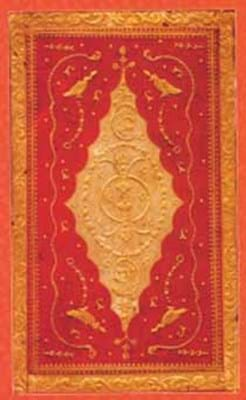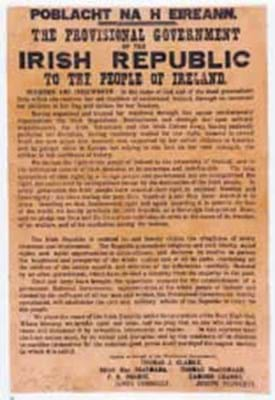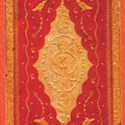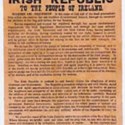Some 2500 copies were to have been produced, but a shortage of paper and type meant that the first part had to be printed and the types broken up before the second half could be set up, and the chaos that ensued on that historic day resulted in the vast majority of the 1000 copies that were printed being destroyed.
Around 20 of those original copies seem to have survived, but this example is not only free of the smudges and faint printing found on some other copies, it is one of only three copies (one already in the National Library of Ireland) signed by the printer Christopher Brady - who added his authentication in a shaky hand in 1969.
Sold for £32,000 in the London sale was a carbon copy typescript memorandum on the Articles of Agreement, Sinn Fein's agreement, following the signing of the 1921 Anglo-Irish Treaty, to suspend the current Ard Fheis and allow the signatories to the London agreement an opportunity to draft a constitution. An important document, drawn up to allow time for reconciliation between those for and against the treaty (which had been signed under Lloyd George's threat of immediate war), it was signed by the anti-Treaty members Eamon de Valera and Austin Stack and for the pro-Treaty faction by Arthur Griffiths and Michael Collins.
A December 7-8 Dublin sale of Irish books, manuscripts, maps and ephemera held by Mealy's saw a bid of €14,000 (£9790) on a lot offering a manuscript archive on the history of County Kerry - comprising a collection of materials for an unfinished history compiled c.1840-60 by Arthur Rowan, Archdeacon of Ardfert and antiquarian, and a 19th century transcript of what appears to be a mid-18th century 'History of the County Kiery'. The latter, a bardic-style manuscript, full of verses in Gaelic, is said to be an abridgement of a history of Kerry written by a Friar O'Sullivan that is no longer extant.
Sold at €6500 (£4545) in the Mealy's sale was Eric Cross's original typescript with autograph amendments of The Tailor and Ansty, a book that was the centre of a major censorship scandal in the 1940s. Based on the conversations of his friend Tim Buckley, whose cottage in the West Cork mountains is the setting - "...the tailor sitting on his butter box, letting out his screech of a laugh, and Ansty muttering curses to herself as she moves around the kitchen... and the row of old men sitting silent on the settle with their hats on their heads, their sticks between their knees" - the book was banned by the Censorship Board in 1943, apparently because of the racy nature of some of the reported conversations.
For today's reader there seems little to which anyone could take exception and Frank O'Connor, who wrote the foreword (the signed typescript of which was also part of the lot) and who referred to Buckley as "a sort of rural Dr Johnson", described the experience of reading the subsequent Senate debate as "like a long, slow swim through a sewage bed".
In 1980, the Dictionary of Irish Literature described that censorship decision as "one of the most ludicrous instances of holy narrowness in those insular De Valera years".
Proclaiming the moment at which the Irish state was born...
A COPY of the most important document in the history of the Irish nation, the Proclamation of Independence printed at Liberty Hall, on Easter Sunday, 1916, realised £140,000 at Sotheby’s on December 16.








